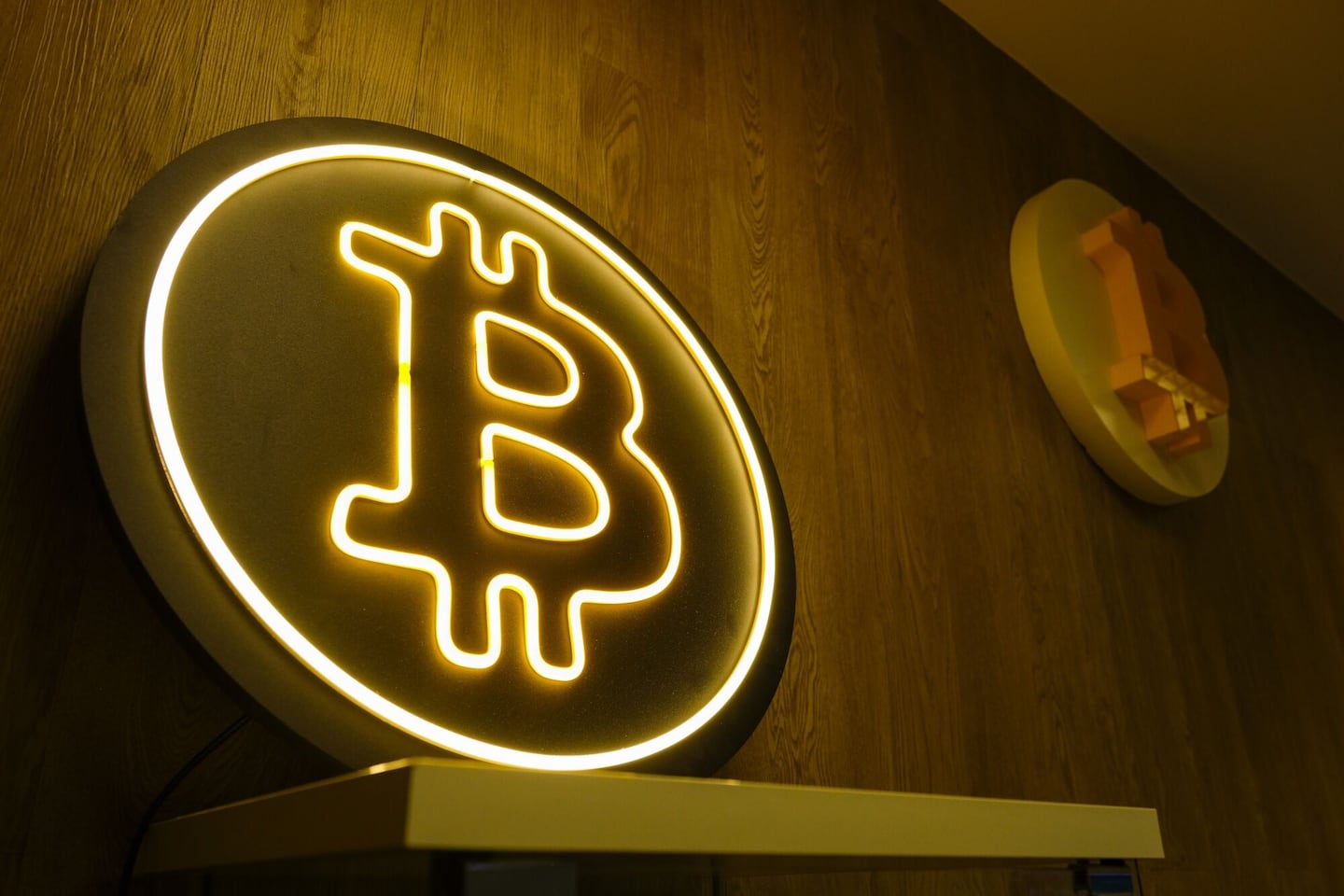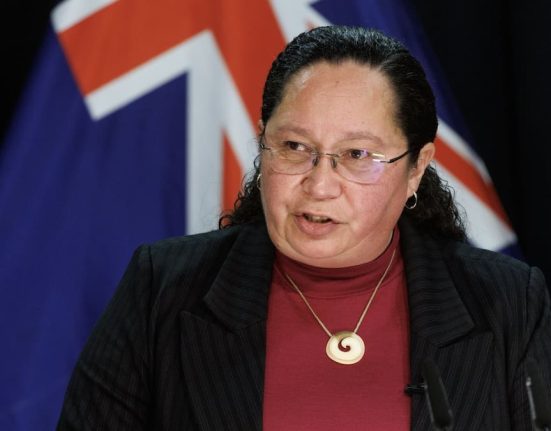Trump, in contrast, launched his own crypto coin shortly before taking office – then saw its value soar when he invited the coin’s top investors to an exclusive dinner at Trump National Golf Club in Potomac Falls, Virginia, drawing accusations of corruption from Democrats.
At least one of the bills appears on track to becoming law.
Last month, the Senate passed the Genius Act, which creates a regulatory framework for stablecoins. It’s a category of cryptocurrency whose value is pegged to that of another currency commodity, such as gold or the US dollar. They can then be backed by assets, such as government bonds, to maintain the peg.
The bill, which passed 68-30 with bipartisan support, would set up basic guardrails intended to protect consumers and the broader financial system. Stablecoin issuers would be required to register, hold reserves and file disclosures.
The House Financial Services Committee had advanced a different stablecoin measure, the Stable Act, earlier this year. But after the Genius Act garnered some Democratic support in the upper chamber, Trump last month called on House Republicans to approve the Senate’s version rather than make changes that could risk derailing its passage.
The other two bills have yet to pass the Senate.
One is the Clarity Act, sponsored by Rep. French Hill (R-Arkansas), who chairs the House Financial Services Committee. It would establish a “market structure” for cryptocurrencies by divvying up oversight responsibilities between the SEC and the Commodity Futures Trading Commission. Two committee markups in June reported it favorably and it heads for a House floor vote next week.
The other would bar the federal government from ever issuing its own central bank digital currency, an idea the Biden administration had supported. Rep. Tom Emmer (R-Minnesota) reintroduced that bill, called the anti-CBDC Surveillance State Act, after it passed the House last year but not the Senate.
Cryptocurrency advocates say a framework is much needed, and some experts agree – though they say it comes with risks.
“The industry has faced four years of legal enforcement against any kind of new innovation,” said Summer Mersinger, CEO of the Blockchain Association, a trade group. “Anyone trying to do something new had to worry about an enforcement team from the federal government saying you are issuing an unregistered security or not complying with security laws.”
Murat Kantarcioglu, a professor of computer science at Virginia Tech, said that any clarity on crypto is helpful, and that the guarantee that stablecoins are backed up with reserves is “positive overall, compared to what we have today.” But the regulations’ effectiveness will depend on how carefully the rules are implemented, he cautioned.
The Genius and Clarity acts are “really important,” said Yiming Ma, a professor at Columbia Business School, because crypto has been “a bit like the Wild West.” She predicted that the legislation, if approved, will broaden access to stablecoins.
But by clarifying that stablecoins are not securities – a move that pro-crypto activists have advocated for years and former SEC Chairman Gary Gensler opposed – the bill could benefit stablecoin issuers more than consumers, she added. The reason: Issuers can keep all the returns on the assets backing the crypto peg without having to disclose that accounting to consumers as strictly as securities law would require.
Others say the legislation grants too much of the industry’s wish list at the expense of protecting consumers.
While the bills purport to establish guardrails for cryptocurrencies, they’re really about exempting them from many of the regulations that apply to traditional financial services, said Corey Frayer, director of investor protection at the Consumer Federation of America, a consumer advocacy group.
“Crypto has been given the opportunity to compete on its merits but continues to demand special treatment,” he said. The legislation the House is considering “ensures that the crypto industry gets all the advantages of access to the stable and well-regulated financial markets, and even the government safety net, without having to play on a level playing field.”







